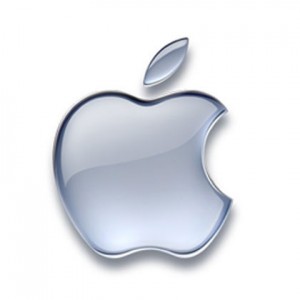
The International Trade Commission gave Apple part of what it wanted in a “limited exclusion order” directing that HTC stop bringing offending smartphones into the United States effective on April 19, 2012.
Taiwan-based HTC expected to be able to adapt the Android-powered handsets to sidestep the trouble with the single patent before the deadline.
The move was likely to come at the cost of removing some features smartphone users enjoy and came as part of an ongoing campaign by Apple to cobble the momentum of smartphones powered by Google’s Android software.
The patent affects functions such as touching a smartphone screen to follow a Web link or call a phone number displayed on a page.
The decision was deemed final and sent for review by the staff of US President Barack Obama, who was unlikely to overrule it.
The final order came with the commission reversing a prior decision and ruling in favor of HTC on patented technology that would have been harder to design out of handsets.
Technology giants have taken to routinely pounding one another with patent lawsuits. Apple has accused HTC and other smartphone makers using Google’s Android mobile operating system of infringing on Apple-held patents.
HTC in October ramped up its patent war with Apple with ammunition provided by California-based Google, the force behind Android mobile software.
Google transferred to HTC a set of patents that the company used to amend intellectual property infringement complaints against iPhone maker Apple in the United States.
Microsoft has also accused Android phones of using its patented technology, with litigation or licensing deals between companies being the selection of outcomes.
HTC in October was dealt a setback in its patent infringement claim against Apple, after an initial ruling by a US trade authority sided with the California-based tech giant.
A judge at the Washington-based ITC made an “initial determination” that Apple had committed “no violation” of patent law.
HTC, which stands for High Tech Computer Corp., is Taiwan’s leading mobile phone manufacturer and a major producer of Android smartphones.
Android has been growing in size as a target, with more than half of the smartphones sold around the world in the third quarter of this year powered by the Google software, according to industry tracker Gartner.
Motorola Mobility’s trove of patents was a key reason that Google bought the company this year for $12.5 billion in cash.
“Our acquisition of Motorola will increase competition by strengthening Google’s patent portfolio, which will enable us to better protect Android from anti-competitive threats from Microsoft, Apple and other companies,” Google chief executive Larry Page said when the Motorola Mobility buy was announced.
Motorola Mobility chief executive Sanjay Jha told financial analysts the US maker of smartphones and touchscreen tablet computers has over 17,000 issued patents and another 7,500 pending.